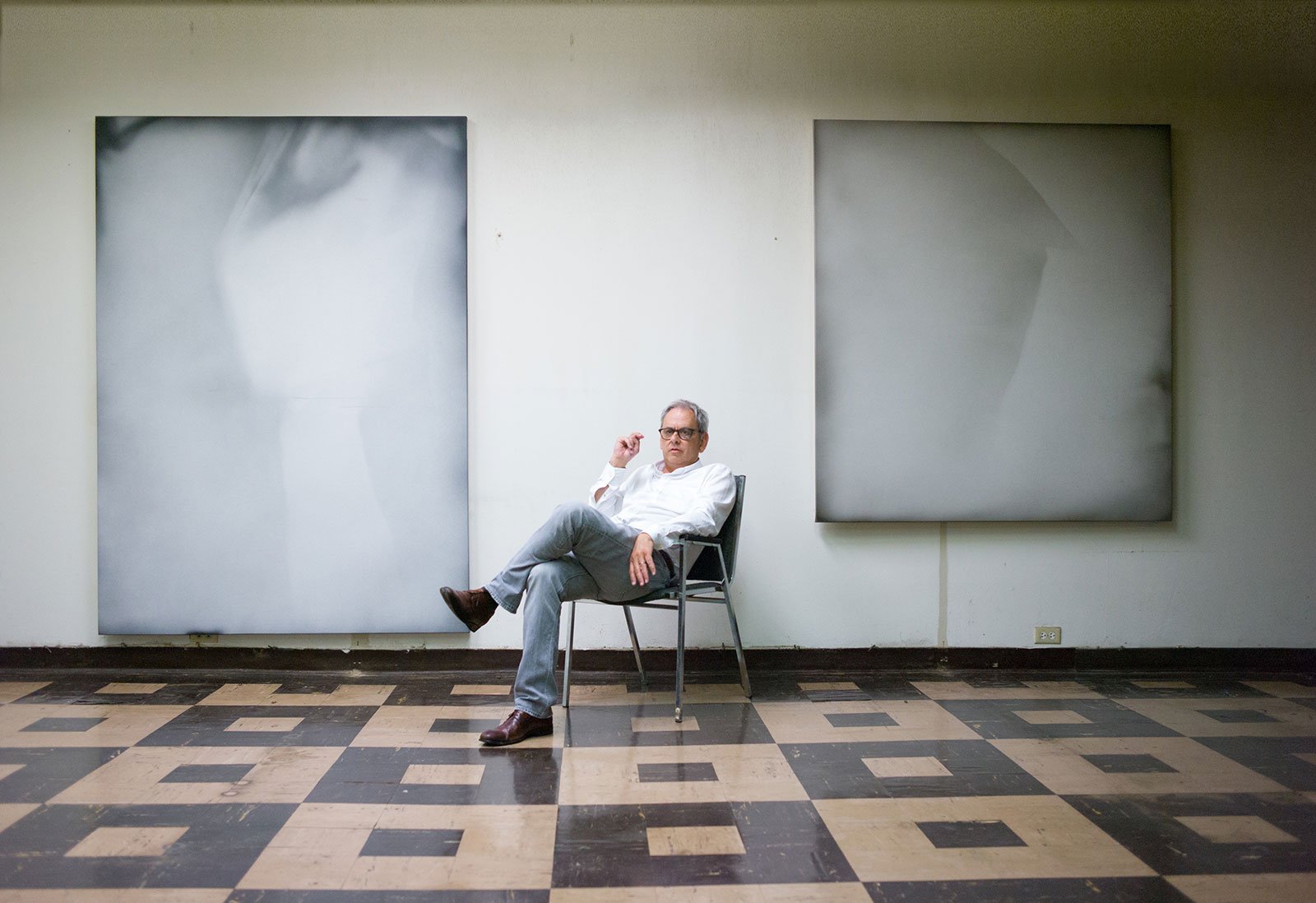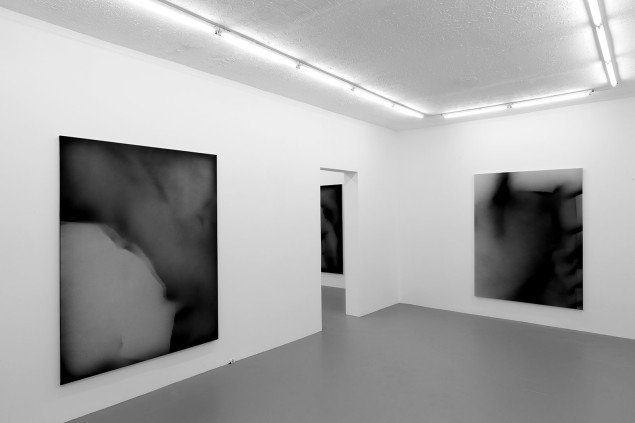 Image 1 of
Image 1 of


Jeff Zilm, 'Untitled'
Jeff Zilm
Untitled
Mixed media on canvas
20.5 x 32.5 inches
$5,000 USD
Jeff Zilm (b. 1958, Iowa City, Iowa) is known for his conceptually rigorous works that explore the intersection of technology, memory, and image-making. Based in Dallas, Zilm’s practice spans painting, film, and sound, often incorporating obsolete media formats to examine how visual culture is archived, erased, or transformed over time.
Zilm has exhibited at institutions and galleries including Dallas Contemporary, the Modern Art Museum of Fort Worth, Simon Lee Gallery in London, Various Small Fires in Los Angeles, and The Journal Gallery in New York. He was an artist-in-residence at the Chinati Foundation in Marfa and is a recipient of the Otis and Velma Davis Dozier Grant from the Dallas Museum of Art. His work is held in both public and private collections and continues to influence conversations around media, obsolescence, and materiality in contemporary art.
Your purchase supports Dallas Contemporary’s mission to present the leading edge of contemporary art through exhibitions, performances, and public programs. To inquire about this work, please contact shop@dallascontemporary.org.
Jeff Zilm
Untitled
Mixed media on canvas
20.5 x 32.5 inches
$5,000 USD
Jeff Zilm (b. 1958, Iowa City, Iowa) is known for his conceptually rigorous works that explore the intersection of technology, memory, and image-making. Based in Dallas, Zilm’s practice spans painting, film, and sound, often incorporating obsolete media formats to examine how visual culture is archived, erased, or transformed over time.
Zilm has exhibited at institutions and galleries including Dallas Contemporary, the Modern Art Museum of Fort Worth, Simon Lee Gallery in London, Various Small Fires in Los Angeles, and The Journal Gallery in New York. He was an artist-in-residence at the Chinati Foundation in Marfa and is a recipient of the Otis and Velma Davis Dozier Grant from the Dallas Museum of Art. His work is held in both public and private collections and continues to influence conversations around media, obsolescence, and materiality in contemporary art.
Your purchase supports Dallas Contemporary’s mission to present the leading edge of contemporary art through exhibitions, performances, and public programs. To inquire about this work, please contact shop@dallascontemporary.org.
Jeff Zilm
Untitled
Mixed media on canvas
20.5 x 32.5 inches
$5,000 USD
Jeff Zilm (b. 1958, Iowa City, Iowa) is known for his conceptually rigorous works that explore the intersection of technology, memory, and image-making. Based in Dallas, Zilm’s practice spans painting, film, and sound, often incorporating obsolete media formats to examine how visual culture is archived, erased, or transformed over time.
Zilm has exhibited at institutions and galleries including Dallas Contemporary, the Modern Art Museum of Fort Worth, Simon Lee Gallery in London, Various Small Fires in Los Angeles, and The Journal Gallery in New York. He was an artist-in-residence at the Chinati Foundation in Marfa and is a recipient of the Otis and Velma Davis Dozier Grant from the Dallas Museum of Art. His work is held in both public and private collections and continues to influence conversations around media, obsolescence, and materiality in contemporary art.
Your purchase supports Dallas Contemporary’s mission to present the leading edge of contemporary art through exhibitions, performances, and public programs. To inquire about this work, please contact shop@dallascontemporary.org.
Jeff Zilm’s 2016 exhibition at Dallas Contemporary presented a striking investigation into the intersections of film, memory, and abstraction. Known for his innovative use of film emulsion as painting material, Zilm projected the physical residue of cinema onto canvas, creating ghostly, monochromatic surfaces that seemed to hover between presence and erasure. The show marked a turning point in the artist’s long-evolving career, bringing national attention to his conceptually rigorous and materially unconventional practice. Both haunting and cerebral, the works explored how obsolete technologies continue to shape contemporary modes of seeing and remembering.

